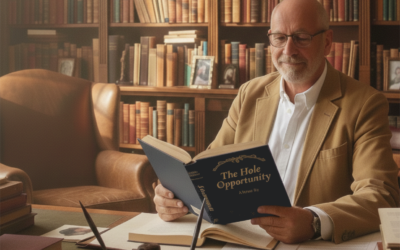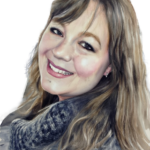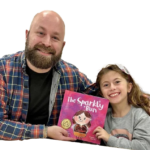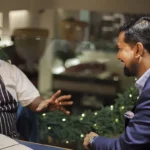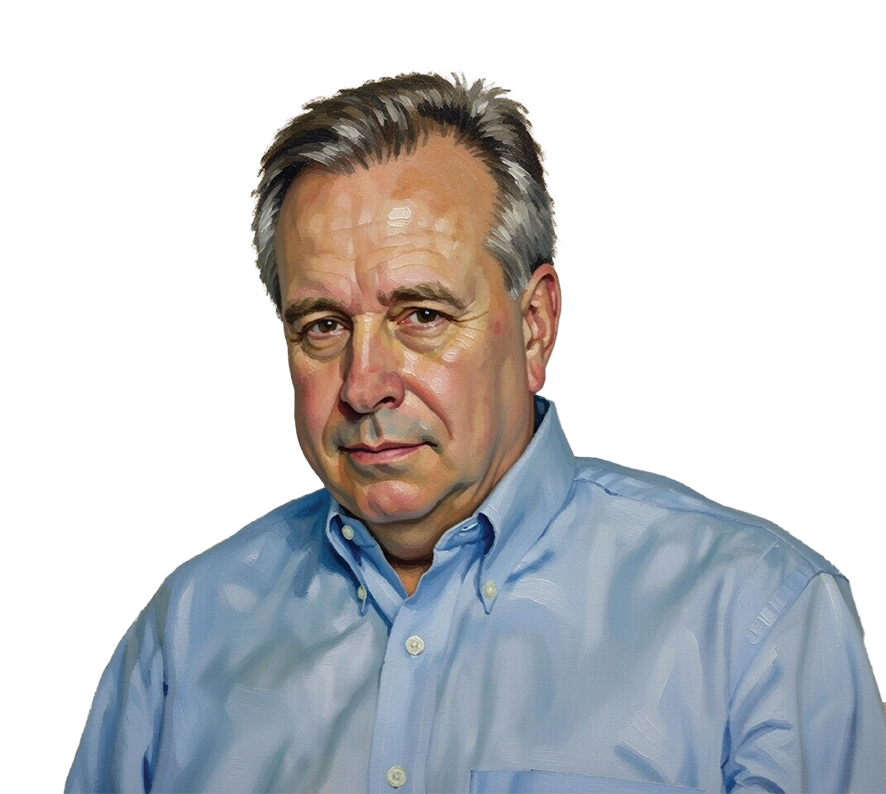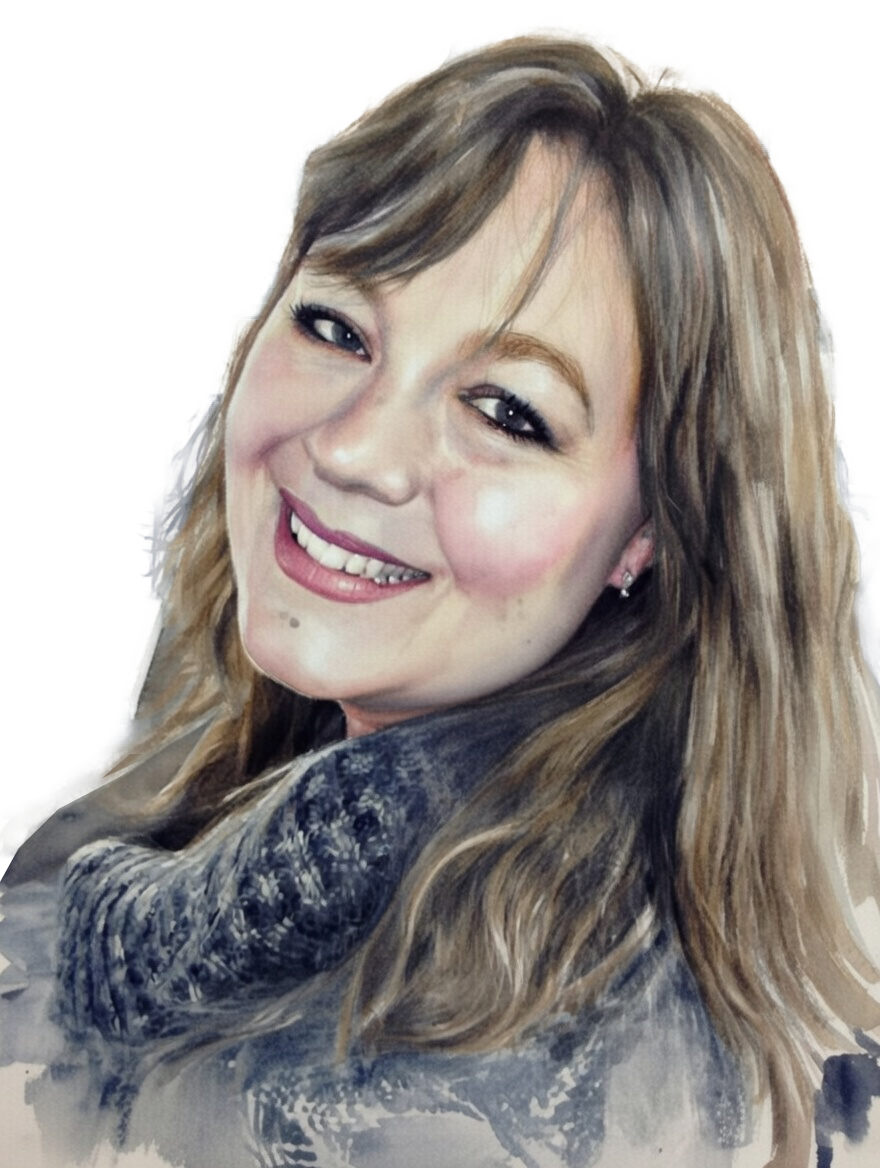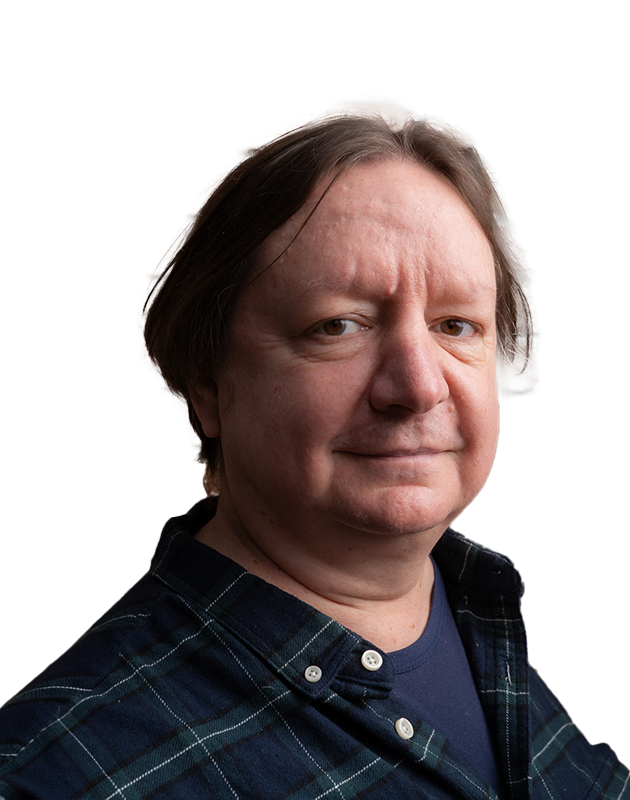Stephen Moody Weaves Dreams And Desire Into Powerful Works Of Art And Fiction
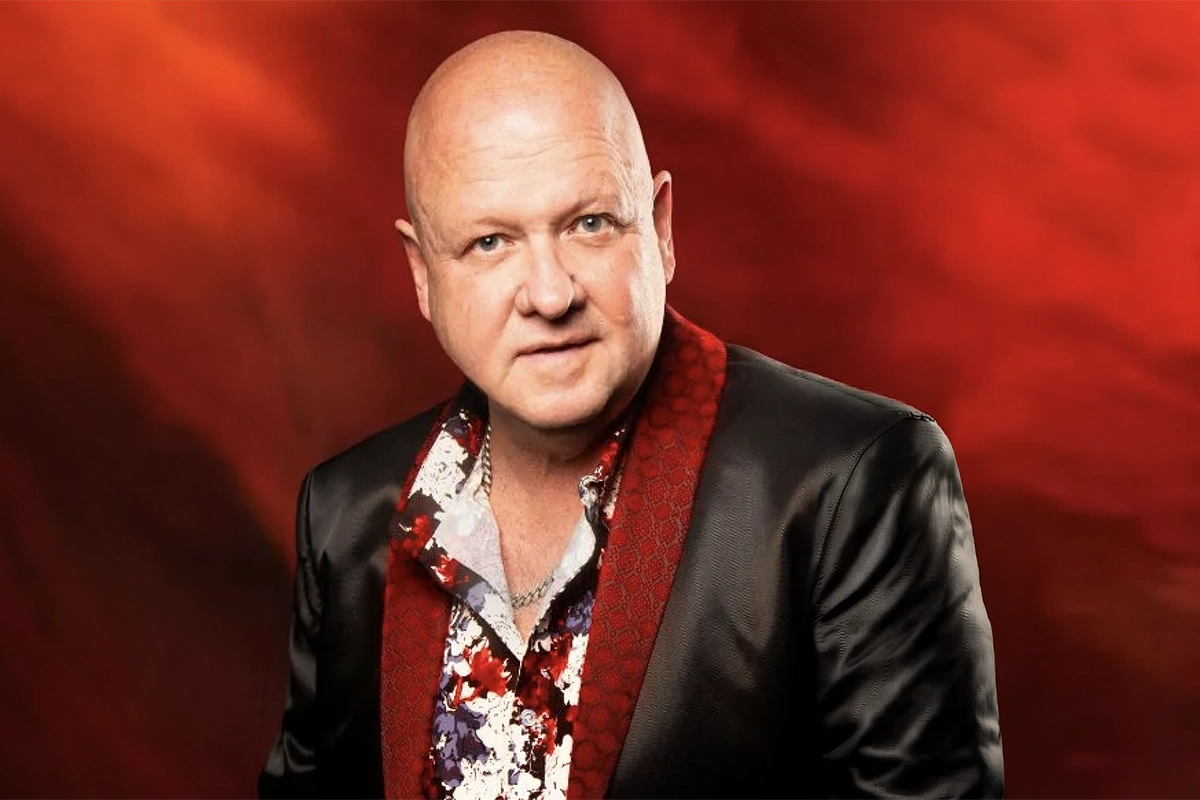
PHOTO: Stephen Moody, fine art painter and author, captures emotion and imagination through his visionary storytelling.
A Master Of Emotion And Imagery, Stephen Moody Transforms His Artistic Vision Into Stories That Explore Love, Reincarnation, And The Courage To Live Boldly.
Stephen Moody transforms vivid dreams and artistic passion into cinematic novels that explore eternal love, human flaws, and fearless self-expression, blending visual imagination with deeply emotional storytelling.
Stephen Moody captivates with an artistry that transcends mediums — from his evocative fine art paintings to his profoundly cinematic novels that pulse with emotion, sensuality, and spiritual depth. His creative voice, shaped by a background in photography and journalism, paints vivid narratives that draw readers into dreamlike worlds where love, desire, and self-discovery intertwine.
Through his work, Moody demonstrates an extraordinary gift for transforming imagination into tangible emotion, bridging the visual and literary arts with masterful fluidity. Mosaic Digest magazine proudly presents this exclusive interview with Stephen Moody, where he opens up about his creative process, his passion for storytelling, and the fearless pursuit of authentic expression that defines his craft.
Stephen Moody’s writing radiates visual brilliance and emotional depth, drawing readers into immersive worlds where art and storytelling converge in a breathtaking exploration of human passion.
What inspired you to embark on your writing journey, and how did you discover your voice as an author?
It started with a vivid dream I shared with a friend via text. She shot back, “You should write a novel.” I laughed it off as I was just recounting what I’d seen in my sleep. But I started writing, and in 30 days, I’d hammered out a 90,000-word first draft. The story poured through my fingertips like it was already written in my mind. Driving down the road, chapters would unfold vividly; I’d pull over, dictate them, then race home to type. That’s when I found my voice: raw, instinctive, dream-driven narratives that feel alive.
Can you share the process behind developing your unique writing style?
My writing style evolved from a blend of experiences. In college, I majored in Broadcast Journalism, mixing film classes with writing courses. Photography was my true passion—I owned a portrait studio that paid my way through school and beyond. That led to my first professional gigs: monthly columns in two photography magazines, sharpening my skills in concise, vivid prose.
What sets my style apart, though, is its cinematic quality. Readers often say my scenes play out like movies, pulling them right into the action. I credit my broadcasting and film education for that. I’m a visual thinker at heart. Ideas hit me as images first, then I translate them into words, frame by frame, until the story breathes on the page.
“Readers often say my scenes play out like movies, pulling them right into the action.” – Stephen Moody
What themes or messages do you aim to convey through your stories?
Across my two published novels, a fine art coffee table book, three in editing, and one I’m thrilled to be writing now, certain themes keep surfacing. My debut explores soul mates reconnecting across lifetimes, a timeless bond that echoes in an upcoming sequel set a century ahead, where they reunite in the flesh.
Then there’s Savannah, my dark horror twist on vampires, sparked by a friend’s daughter. The story hit me like a vision from one of my paintings: all about raw desire, shattering rules, and seeking forgiveness in the chaos.
At the core, my tales champion breaking conventions and embracing life unapologetically, whether through eternal love or forbidden urges. It’s about living boldly, flaws and all.
How do you approach character development to make them resonate with readers?
When outlining a novel, characters come to life through visualization. I picture their face, name them, and dive into their psyche, knowing their quirks inside out. To ground them in reality, I often draw from people in my circle whose traits mirror theirs, breathing authenticity into the page and helping readers connect deeply.
Flaws are key; no one’s perfect, and showing those vulnerabilities makes characters feel human. Readers often fall for them because of those imperfections, they see themselves reflected, turning empathy into resonance. It’s about crafting souls, not just roles.
Could you describe your typical writing routine and how you stay motivated?
As an artist at heart, motivation isn’t something I chase: it’s all or nothing. If I love a project, I dive in headfirst; if it bores me, I shelve it, like the several unfinished novels gathering dust. Why force it? If I’m yawning while writing, readers will too.
My routine? It’s fluid, fueled by that spark. When inspiration hits, I’ll write through the night, fueled by coffee and momentum, snag a few hours of sleep, then jump back in. No rigid schedule, just passion pulling me to the keyboard, turning visions into words until the story demands a break. That’s what keeps the fire alive.
What challenges have you faced in your writing career, and how have you overcome them?
The biggest hurdle in my writing career? Time management, hands down. With multiple irons in the fire: launching books, chasing reviews, marketing, hitting daily word counts on new drafts, editing the next ones, and even recording my own audiobooks — it’s a constant juggle to keep everything sizzling without dropping the ball.
I’ve overcome it by prioritizing ruthlessly: I block out dedicated chunks for each task, like mornings for fresh writing and afternoons for edits or promo. Tools like calendars and to-do apps help, but honestly, it’s not perfect. Some days I nail it; on others, I pivot and forgive myself. The key is staying passionate — that pulls me through the overwhelm.
How do you handle feedback and criticism of your work?
Funny enough, I can’t recall my first five-star review, but that initial one-star? Burned into my brain! I wanted to track down the reviewer and argue that it wasn’t fair!
I soon realized everyone’s wired differently: unique backgrounds, life stories, values. Not every reader will vibe with my words, and that’s okay. Setting my ego aside made criticism easier to swallow; now, I sift through it for gems that sharpen my craft. Still, I’ll always chase those glowing five-stars; they’re the fuel!
What role does research play in your writing process, and how do you incorporate it?
Research is massive in my process. It grounds the fantastical in reality, making stories hit harder. For Savannah, I dove deep into the occult, satanic chants, vampire lore, biblical history, and the Catholic Church. It got so intense that the darkness lingered; I’d sage my house to clear the air. Once, I yanked a paragraph entirely from the manuscript; it was a real invocation that could’ve invited trouble for readers.
I incorporate it by weaving authentic details seamlessly into the narrative, ensuring nothing feels fabricated. From light historical tweaks to heavy esoteric dives, it elevates the tale, turning imagination into something palpably true.
“Research is massive in my process. It grounds the fantastical in reality.” – Stephen Moody
Can you discuss any upcoming projects or themes you’re excited to explore?
I’m buzzing about my current novel I’m writing, set in Paris and New York, both cities I’ve lived in, so channeling those vibrant memories infuses the story with real energy. Like much of my work, it delves into reincarnation, exploring souls reuniting across time and places.
Then there’s Hold on to the Love: Reunited, the sequel in my series. It’s in final edits, and I’ll soon record the audiobook to launch them together. I’m thrilled to dive deeper into themes of eternal bonds and bold living, pushing boundaries in ways that feel profoundly personal. More to come!
What advice would you offer to aspiring authors looking to make their mark in the literary world?
To aspiring authors: Chase your passion fiercely and write what sets your soul on fire. Listen to your inner voice; it’s your unique compass. Don’t mimic others; forge your own path, letting your authentic voice shine through the noise.
Rejection will come, but persistence pays off. Read widely, write daily, and remember: the literary world needs your story, flaws and all. Stay true, and your mark will follow.


